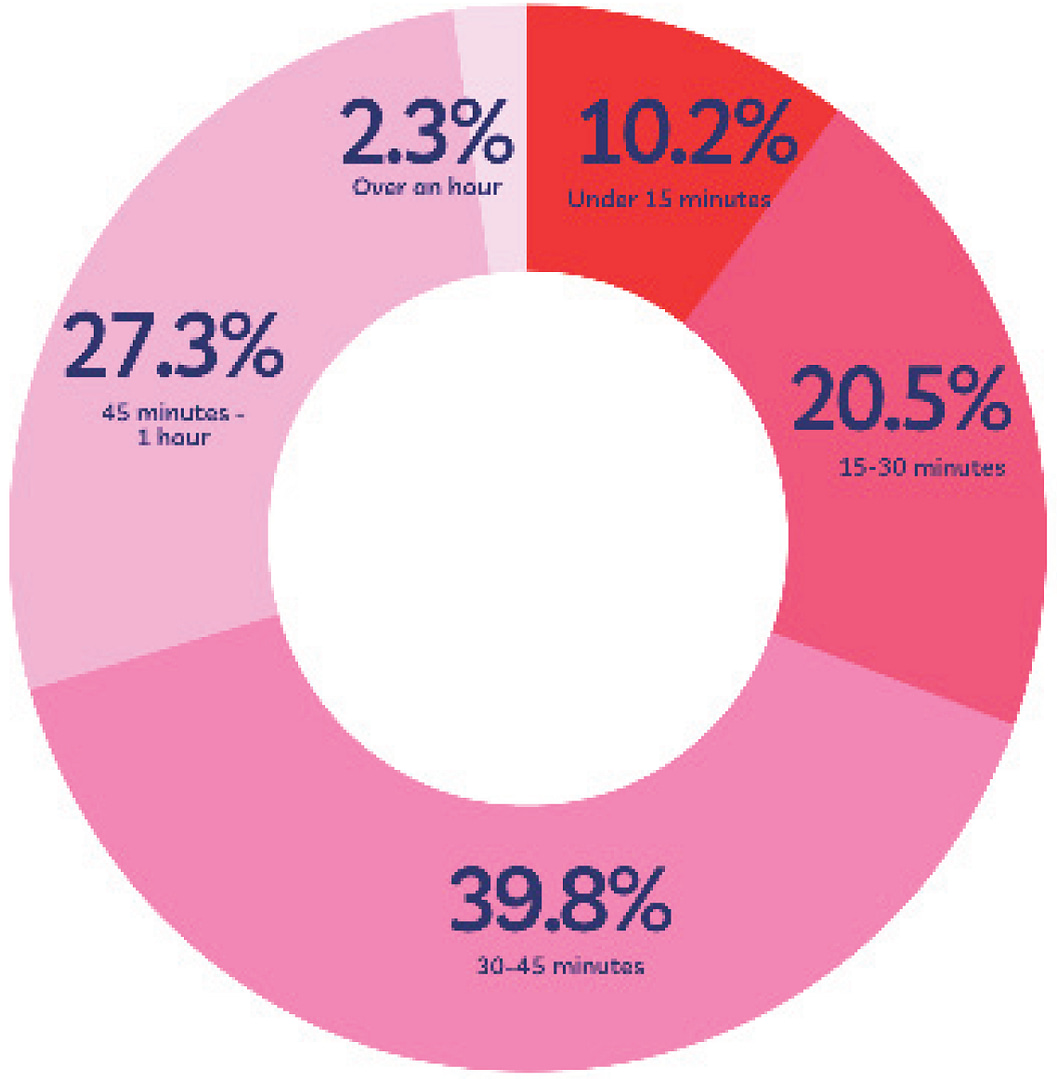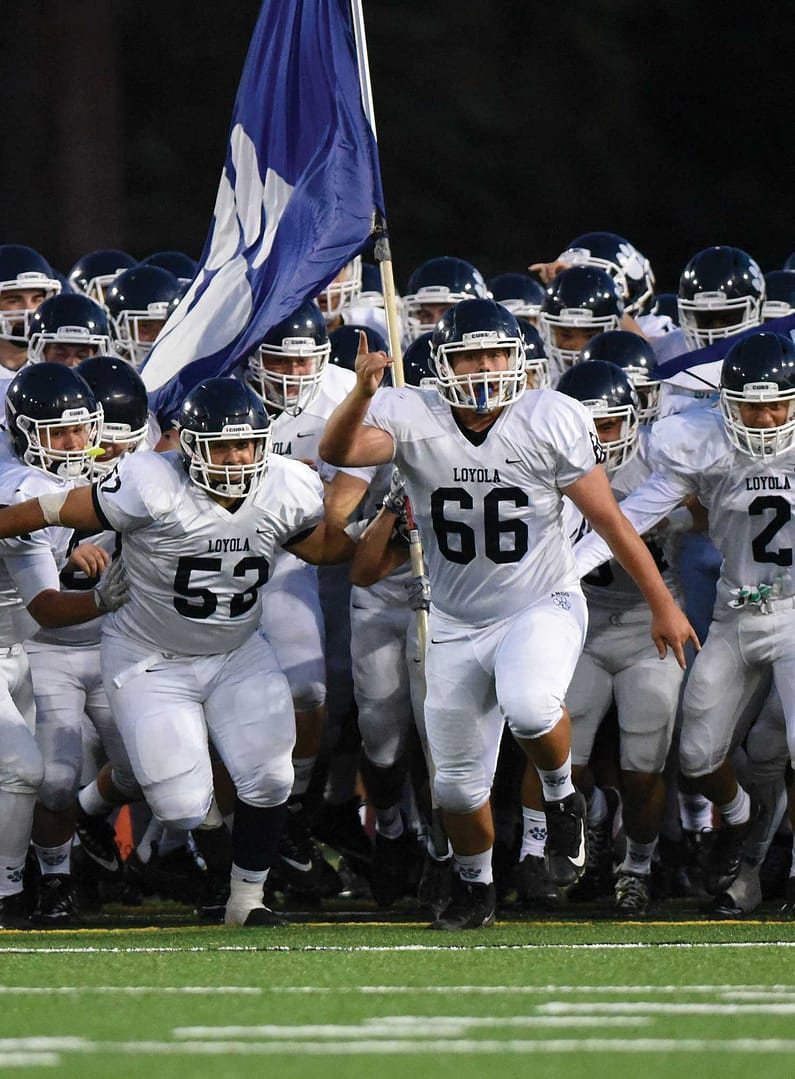This interview is the third installment of a new feature item published by The Loyalist staff, with help from the Journalism class at Loyola High School. Ms. Natasha Hamlin is the Wellness Coordinator at Loyola High School. We will publish an interview each month conducted by students on a timely topic related to student mental health.
This month: returning to “normal” life.
Interview conducted by Colin Clark ’22
The Loyalist: What are some of the problems or anxieties that students may feel with the return to a “normal” life?
Ms. Hamlin: The main thing is that during this time a lot of mental health issues have kind of been exacerbated. Some people that never really struggled with mental health issues before started to during the pandemic, and others that have always struggled are feeling even worse. But not a lot of people are really focusing on what it is going to be like when we come back. When you look at data from other big events in the past like pandemics, those rates of depression and anxiety don’t just go away because we’re going back to normal. We need to be aware of that and look out for signs that our friends and coworkers are still struggling. It’s also pretty nerve-wracking after spending all your time isolated at home and away from people, and then being expected to be back in front of big groups of people again. It is a big shift and change is pretty hard even if it’s positive change, so I think people are still going to be struggling with generalized anxiety around social situations. It’s also going to be hard to rebuild some relationships that may have fallen through the cracks since we haven’t been able to hang out and see everybody. It’s going to take a lot of energy to go out and rebuild those kinds of things… so those are some of the things that are on my mind.
The Loyalist: Do you have any advice for how to ease back into the relationships that we may have lost focus on during COVID-19? For example, what can students do to relieve some of the awkwardness between friends and teachers that they have not been in strong contact with?
Ms. Hamlin: I think it will be key to be patient and kind with ourselves and with other people, as well as noticing when someone is reaching out. Make sure you respond and don’t leave people hanging because it is harder for people to reach out right now. I would also say that we should begin building up those relationships now because a big part of this pandemic is the isolation. Not spending enough time with other people really damages our emotional well-being and makes people feel more depressed, so people should be getting connected again now. You can do that through a phone call, FaceTime, or a socially-distanced hike.
The Loyalist: Do you think there are any other things that we may overlook about going back that we could prepare for now?Ms. Hamlin: I think people may have noticed that they’re a little bit more of “germaphobes” then they might have been before because we’ve been so obsessed with sanitizing, washing hands and all those things. We are going to have to keep taking those safety precautions, so instead of letting it overrule our lives we should just think of it as part of our routine. I think a lot of people are overly looking into news about COVID, causing them to feel anxious and distressed, so trying to limit your exposure to all of that is probably a good idea. Obviously you should stay well informed, but try to take breaks from that kind of stuff for your own mental health. In terms of preparing, I’m always a proponent of practicing daily meditations and grounding even if it is for five or ten minutes a day because you don’t want to wait until you’re feeling anxious to start implementing that. Although it’s still helpful after you’ve become very stressed, it really needs to be changing your brain into a different worldview, and to do that, you need consistency.








Comments are closed.